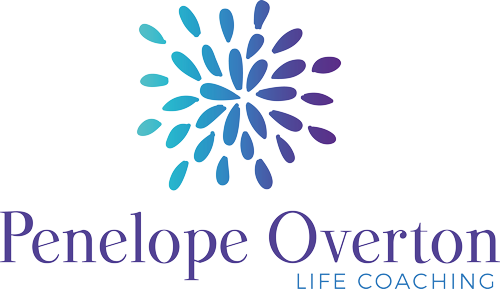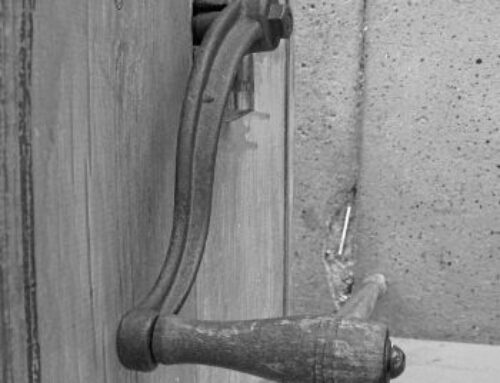There is a flaw in the New Year Resolution system. It’s not just that the emphasis is on what you didn’t do very well last year – and that’s always going to be a bit negative; it’s not just that the commitments are unrealistic – if you haven’t been reading a novel a week for the last 20 years, you’re probably not going to in 2019; it’s not just that you leave the list until a couple of days before (or after) January 1st, the one time of year you’ll feel the least like doing it.
All these are true, but the real flaw in the system is that you’re expected to have landed on resolutions at all. New Year Resolutions are all about answers, when the real work is in looking for the questions.
Take, for instance, a resolution that you’ll go to the gym at least 3 times a week and even maybe get a personal trainer. Sounds pretty straightforward, even if the personal trainer bit is already sounding a bit unconvincing.
But what problem is this resolution addressing? Is it that you’ve put on some pounds and can’t wear the jeans you bought this time last year? Is it that you’re feeling down, lacking in energy and you think this will help? Is it that you want to build some core strength and muscle tone so you don’t break your wrist when the weather gets icy? Is it that you’ve committed to climbing Ben Nevis in June? Is it that you want to make new friends? Is it that you want to find a partner, and getting in shape is part of that plan? Is it one of perhaps several hundred other reasons?
Once you look at the goal behind the resolution, you can then have a more detailed think about whether going to the gym will fix it (sorry!). Will it? Does turning up at the gym fix the jeans problem? Does it fix the partner problem? What other strategies could you put in place to meet these needs (and make sure the time at the gym pays off)?
I’ve noticed, as I’ve written this, there are a lot of question marks. I guess that’s the point. New year is the time to ask questions, not rush to answers.
It can be hard, sometimes, to ask yourself the searching questions which is where a good coach comes in. I can help you identify not just what you want to change, but what you’re hoping to achieve by that change, whether that change is likely to deliver what you want, and if not, help you identify a better plan, plus how to put that plan into effect. On top of that, if you want me to, I can hold you to account for your progress, well before next January.
Visit my website to book a first free session. If you book before the end of January, you get the sixth session free!




